#the haunting 1963
Explore tagged Tumblr posts
Text






You're frightened, Nell. - Oh, no more. Just when I thought I was all alone.
Julie Harris & Claire Bloom in THE HAUNTING (1963) dir. Robert Wise
#filmedit#filmgifs#filmblr#classicfilmedit#classicfilmblr#classicfilmsource#cinemaspast#bookstofilms#adaptationsdaily#uservita#usermichi#userelissa#julie harris#claire bloom#the haunting#the haunting 1963#1963#1960s#*mygifs#*halloween24
1K notes
·
View notes
Text






THE HAUNTING (1963) dir. Robert Wise
#the haunting 1963#robert wise#userboat#usertj#horroredit#filmedit#filmgifs#moviegifs#horrortvfilmsource#classichorrorblog#classicfilmsource#classicfilmblr#junkfooddaily#cinemapix#dailyflicks#sdb.gif#sdb:horror#1960s#the haunting
466 notes
·
View notes
Text






THE HAUNTING (1963) dir. Robert Wise
#the haunting#the haunting 1963#horroredit#classicfilmedit#filmedit#classicfilmsource#classicfilmblr#classicfilmcentral#dailyworldcinema#cinematv#cinemaspast#uservintage#userstream#filmdaily#filmgifs#moviegifs#*mine#userfilm#horrorgifs#horror#robert wise#1960s#y: 1963#films
794 notes
·
View notes
Text
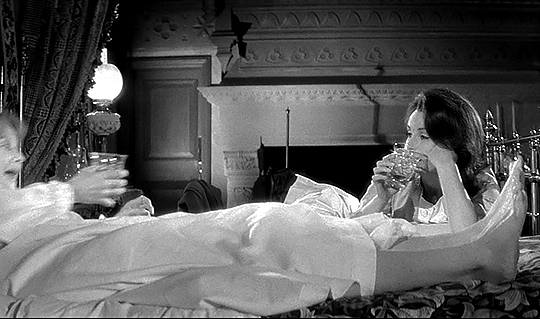
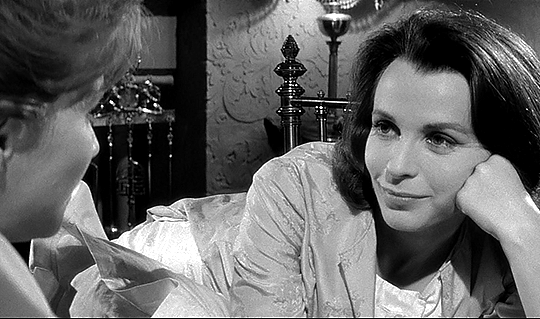
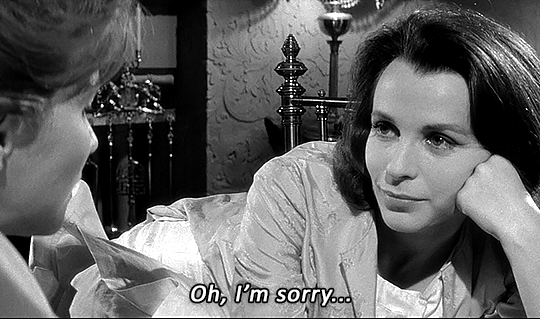
THE HAUNTING 1963 || dir. ROBERT WISE
#thohhedit#classicfilmblr#classicfilmcentral#filmedit#horroredit#the haunting of hill house#the haunting 1963#eleanor lance#eleanor vance#thohh#the way theo follows her with her eyes.... love u lesbian <3#mine#remembered how much i love the haunting + thohh novel <3
711 notes
·
View notes
Text


#the haunting of hill house#the haunting of hill house by shirley jackson#the haunting 1963#eleanor vance#theo#theo thohh
304 notes
·
View notes
Text







this is me, and I am here
Sharp Objects, Gillian Flynn // The Haunting (1963) // The Haunting of Hill House, Shirley Jackson // Peter: A Darkened Fairytale, William O'Brien // Hangsaman, Shirley Jackson
#the haunting of hill house#shirley jackson#the haunting 1963#sharp objects#camille preaker#gillian flynn#quote#quotes#gothic literature#american gothic#gothic americana#literary quotes#words#literature#eleanor vance#on home#to finally be yourself
92 notes
·
View notes
Text
#shirley jackson#the haunting of hill house#thohh#the haunting#the haunting 1963#the haunting 1999#we have always lived in the castle#lizzie#lizzie 1957#the lottery#horror#horror film#horror poll#movie poll#poll#film poll#horror movie#movie#film#horror films#movie polls#movies#films
66 notes
·
View notes
Text










The Haunting (1963) / Mulholland Drive (2001)
#the haunting#the haunting 1963#mulholland drive#mulholland dr#julie harris#naomi watts#parallels#m#LOSERS ONLY!!!!!!!!!
42 notes
·
View notes
Text
#shirley jackson#the haunting of hill house#the haunting 1963#the haunting of hill house book#eleanor vance
45 notes
·
View notes
Note
Hey, I saw you talking about reading The Haunting of Hill House via a trans lens and I got curious. Could you elaborate on that, please? Cause I found it really interesting.
yeah I can! I've been meaning to write some sort of article about why I feel Hill House is trans, so this is a good excuse to get these thoughts written out.It's mostly that I find the story and its themes to be very trans to me, specifically with the character of Eleanor; when I was a teen and didn't know I was trans, and I found myself drawn to her for reasons I couldn't understand yet. There are a lot of things about her that spoke to me as a pre egg-crack trans woman; the way she feels like she's been waiting her whole life for something, anything, but she doesn't know what; the way she's felt trapped by the expectations of her; the way she's so shy and withdrawing (she reminds me in a way of this quote from Imogen Binnie's Nevada: "Maria is transsexual and she is so meek she might disappear"); the ways in which Eleanor constantly feels out of touch with the people around her and can't figure out social situations; the ways she's never felt wanted ("I am a sort of stray cat aren't I?"); the way she is prone to misreading casual relationships because she isn't experienced enough to know she's mistaken; and especially how she so desperately wants to belong. Eleanor is so withdrawn and desperate for connection that she lets the House take her over because, at last, “something is at last really, really, really, happening to [her]”, and unfortunately I could relate to that; she's so desperate to belong that she'll let anything happen to her, even if it kills her.
One line in particular really speaks to me every time I reread the book: “—and then each year, one summer morning, the warm wind would come down the city street where she walked and she would be touched with the little cold thought: I have let more time go by.” To me, that's what it felt like pre realization, every year would go by and I'd feel like I'd missed something; I wouldn't know what, but I'd know I'd let more time go by. Eleanor's story is one of a person who's been waiting so long to make a change, that when a change finally happens, it's too late for her; she's waited too long, and she's out of time. It's rather bleak, but so is gender dysphoria.
I think for me ultimately, any story about a woman who feels trapped and out of touch in some way will feel trans to me (I have a Letterboxd list about that with all sorts of movies on it), but Hill House really sticks out to me because of how acute and specific Eleanor's pain is, and how relatable I found her; her pain feels very transfeminine to me in ways I'm not quite sure how to articulate. I've found a lot of other transfems on tumblr who are also very drawn to Hill House, and in a way its very nice to see us all have a special connection to this book.
also part of this realization came from this post!
#can you tell I've been wanting to get into writing? is it obvious by how much I've written here? encourage me to use the substack i opened#the haunting of hill house#the haunting 1963#shirley jackson#trans#transfem#trans book#trans novel#trans art#pheobe.txt 2024#asks#nevada imogen binnie#writing#trans tag
76 notes
·
View notes
Text

76 notes
·
View notes
Text








Hill House has stood for 90 years and might stand for 90 more. Within, walls continue upright, bricks meet, floors are firm, and doors are sensibly shut. Silence lies steadily against the wood and stone of Hill House. And we who walk here... walk alone.
THE HAUNTING 1963, dir. Robert Wise
#filmedit#filmgifs#filmblr#classicfilmedit#horroredit#classicfilmsource#cinemaspam#fyeahmovies#moviegifs#bookstofilms#adaptationsdaily#usermichi#userlenie#userelissa#the haunting#the haunting 1963#1963#1960s#*mygifs#*halloween24#happy halloween!!
984 notes
·
View notes
Text
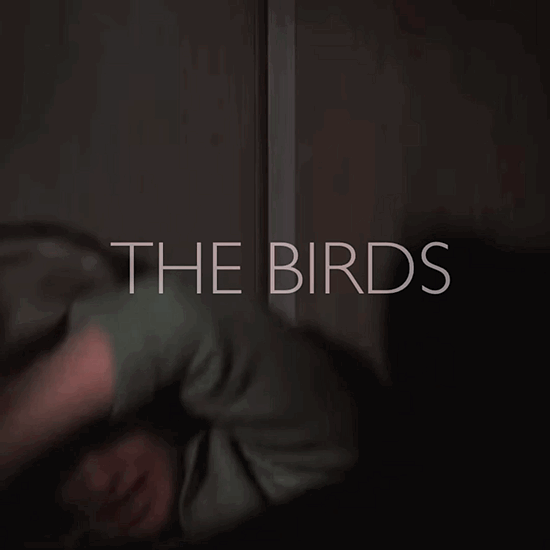
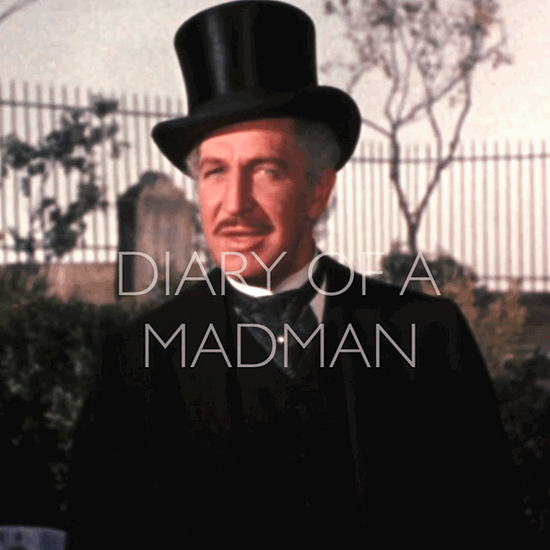
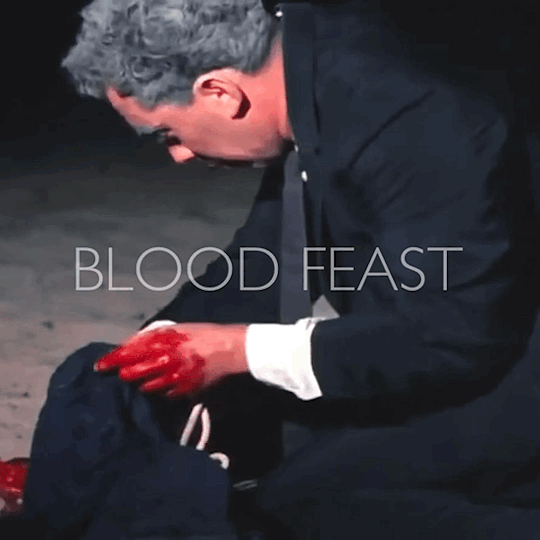

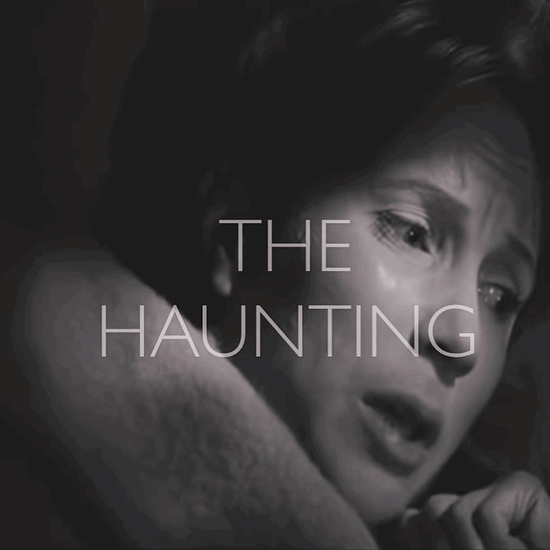

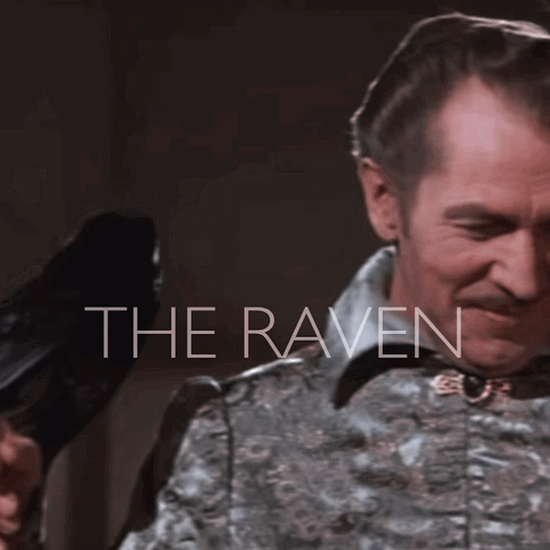
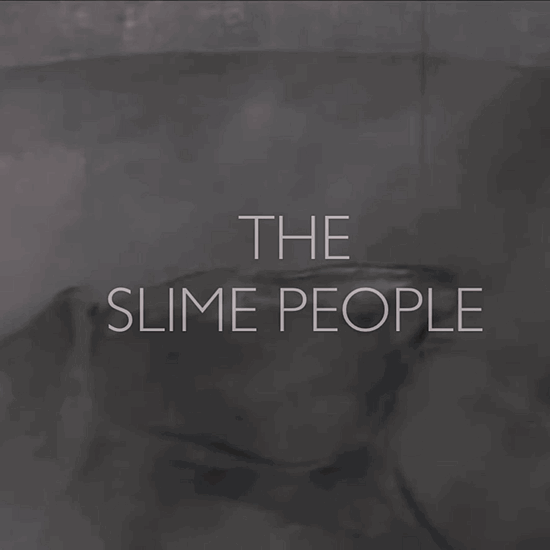
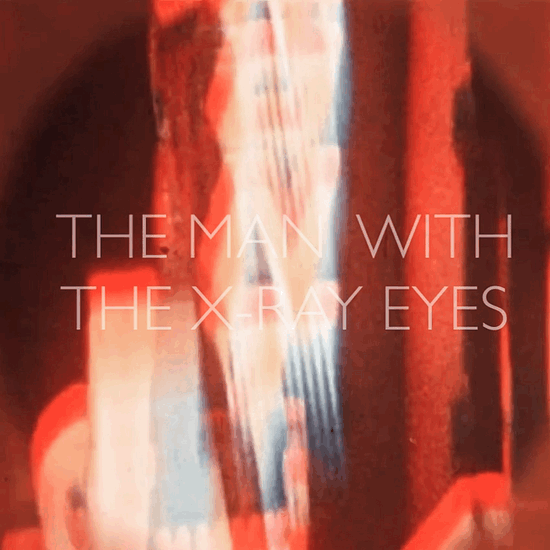
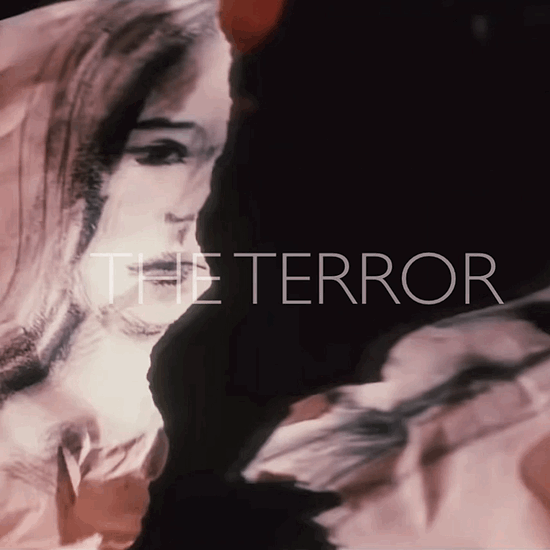
Horror movies of 1963
#horror#horror movies#horror movie#movie#movies#gifs#gif#horror gif#horror gifs#my gif post#my gif#my gifs#horror movie gifs#horror movie gif#the birds 1963#the Raven 1963#the man with the x-ray eyes#the haunting#the haunting 1963#the terror 1963#the haunted palace#blood feast#diary of a madman#the slime people#twice told tales#60s movies#60s horror#60s horror movie#60s horror movies#vincent price
136 notes
·
View notes
Text














Journeys end in lovers meeting.
Nell & Theo The Haunting (1963)
#the haunting 1963#the haunting#eleanor vance#nell vance#eleanor lance#theodora#theo#julie harris#claire bloom#gifs
23 notes
·
View notes
Text

This is where I post from. by the way.
67 notes
·
View notes
Text


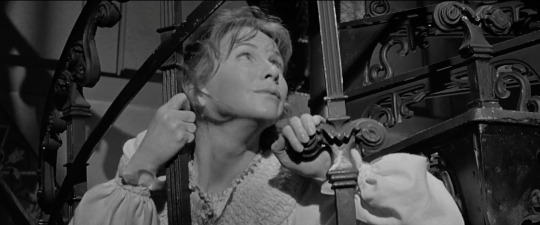

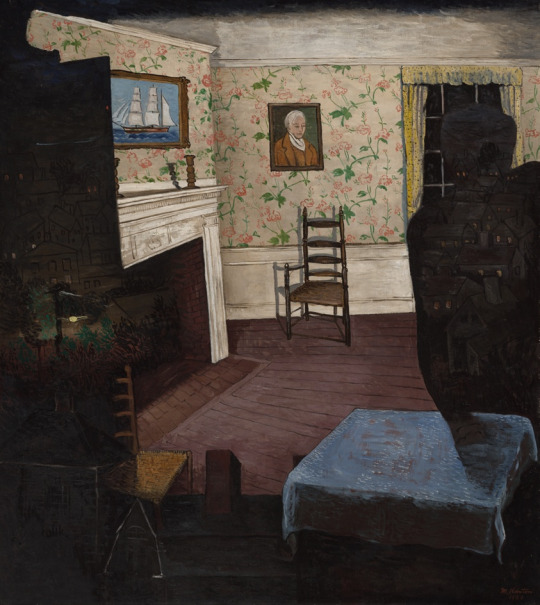


— JOURNEYS END IN LOVERS MEETING: ELEANOR VANCE
My Tears Ricochet by Taylor Swift x Haunted Doll House by Laurie Lipton x The Haunting (1963) x The Haunting of Hill House by Shirley Jackson x Haunted House by Morris Kantor x I Know The End by Phoebe Bridgers
#the haunting of hill house#eleanor vance#shirley jackson#the haunting#the haunting 1963#web weaving#web weave#webweaving#on haunting#on ghosts#parallels#comparison#comparatives#haunted house#ghosts#i need to draw parallels where there are none#the house wants me to stay
93 notes
·
View notes